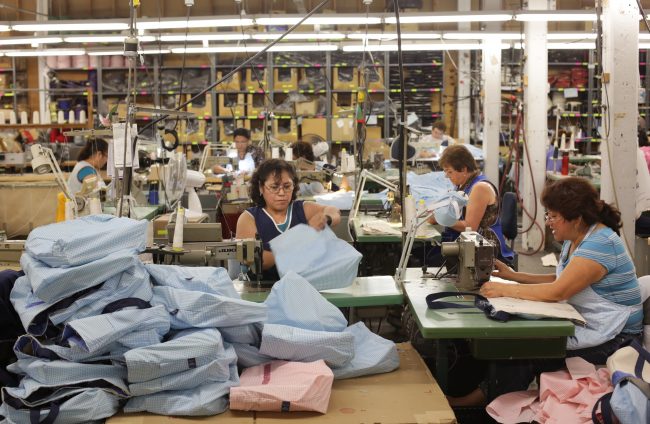
A group of business owners and executives told state legislators June 10 that federal loans provided crucial assistance in the early days of the COVID-19 lockdown, but said they are worried about the state’s business climate and what will happen when the funds run out if the economy does not recover quickly.
“I pushed the button to upload my documents one second after the loans were available,” said Gary Fails, the president of Carlstadt-based City Theatrical Inc. “We were among the first companies to get funding.”
The loans enabled the company to retain all of its employees, but, he noted “as one of the first companies to get funding, we’re also one of the first companies to have the funds run out.” City Theatrical produces lighting products and accessories for live events, a business that is unlikely to return this year. “Broadway shut down and our business disappeared and our sales dropped by 90 percent, Fails said.
Fails’ comments, along with those of other owners and executives, came during an online hearing convened by the bipartisan state Legislative Manufacturing Caucus and the New Jersey Manufacturing Extension program.
While some executives described problems getting loans from the federal Paycheck Protection Program they were eventually resolved and allowed them to keep employees on staff.
Newark-based UnionWear usually makes promotional hats and other apparel, but pivoted to producing personal protection equipment when the COVID-19 outbreak hit. “In early March, we were about to have our greatest year ever,” said company President Mitch Cahn. UnionWear had orders to make products for presidential election campaigns and for Olympic athletes.
The PPP loans, Cahn said, allowed him to offer hazard pay to workers. He was able to offer a “significant bonus to convince people to come back to work.”
When a worker at Newark-based ZaGo Manufacturing Co. contracted COVID-19, the company was able to allow him and everyone he had contact with to be away from work for a month, thanks to PPP funds. “Our employees knew that that if they were exposed, they wouldn’t be hurt economically,” explained Gail Friedberg Rottenstrich, ZaGo’s CEO. The company makes self-sealing screws, nuts and bolts.
Cahn also raised an issue that many of his peers echoed: the regulatory environment in New Jersey. He said UnionWear did not get any orders from New Jersey for its PPE because the state did not override the need for approval from the Food and Drug Administration, an action other jurisdictions have taken. “We work with Detroit and Los Angeles, but nothing locally,” Cahn said.
Several lawmakers on the call, including Manufacturing Caucus co-chair Sen. Linda Greenstein, D-14th District, vowed that the Legislature would examine the issue.
Social distancing rules could also pose problems in a state where expanding structures can often be expensive and time-consuming. Marotta Controls CEO Patrick Marotta, told the lawmakers that in preparing his most recent budget, he planned to squeeze more employees into the company’s existing space. “That’s completely out the window,” he said.
The Montville-based maker of electronic components for the military owns 25 acres of land, but cannot add another building because of Highlands Council rules. So Marotta is trying to find a second location and is “looking at New Jersey restrictions as opposed to restrictions in other states.”
While the participants in the call generally praised the government response to the pandemic, many are concerned about what the recovery might look like. As Dax Strohmeyer, president of Triangle Manufacturing Co. Inc., put it: “If the demand isn’t there, it doesn’t matter if you can stay open.” The Upper Saddle River-based company is a contract manufacturer of medical devices and its business was hurt by the prohibition on elective surgical procedures imposed in March. Gov. Phil Murphy ended the ban effective May 26, though some limitations remain in place.
Strohmeyer is concerned that when his PPP funds are exhausted, he may be “in the tough position of furloughing and laying off people to realign our costs and revenue.” He added that when demand does return, he won’t easily be able to bring qualified workers back.
All of the owners and executives heaped praise on the NJMEP and CEO John Kennedy for providing essential guidance on reopening and interpretation of government mandates.
Source: NJBIZ.com

 Dad Caps
Dad Caps
 Five Panel Hats
Five Panel Hats
 Mesh Back Hats
Mesh Back Hats
 In Stock Blanks
In Stock Blanks
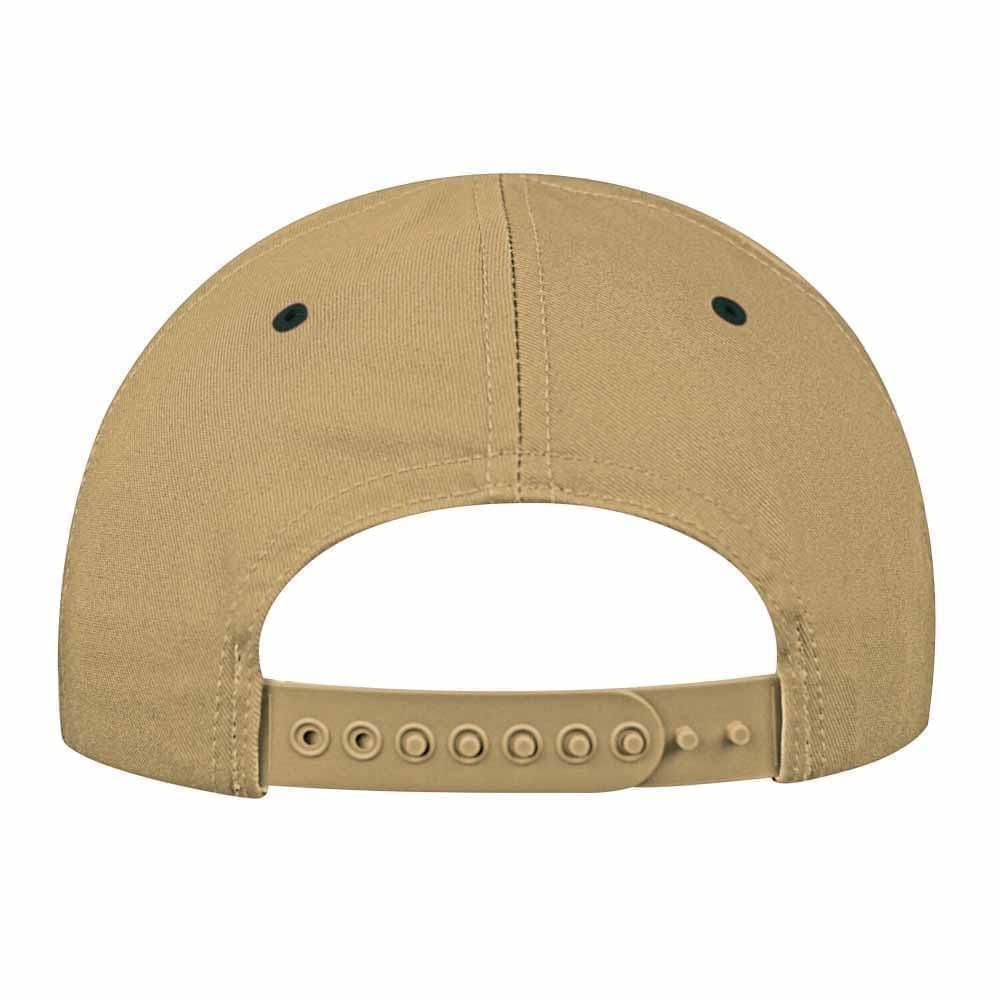 Snapback Hats
Snapback Hats
 Stretchfit Hats
Stretchfit Hats
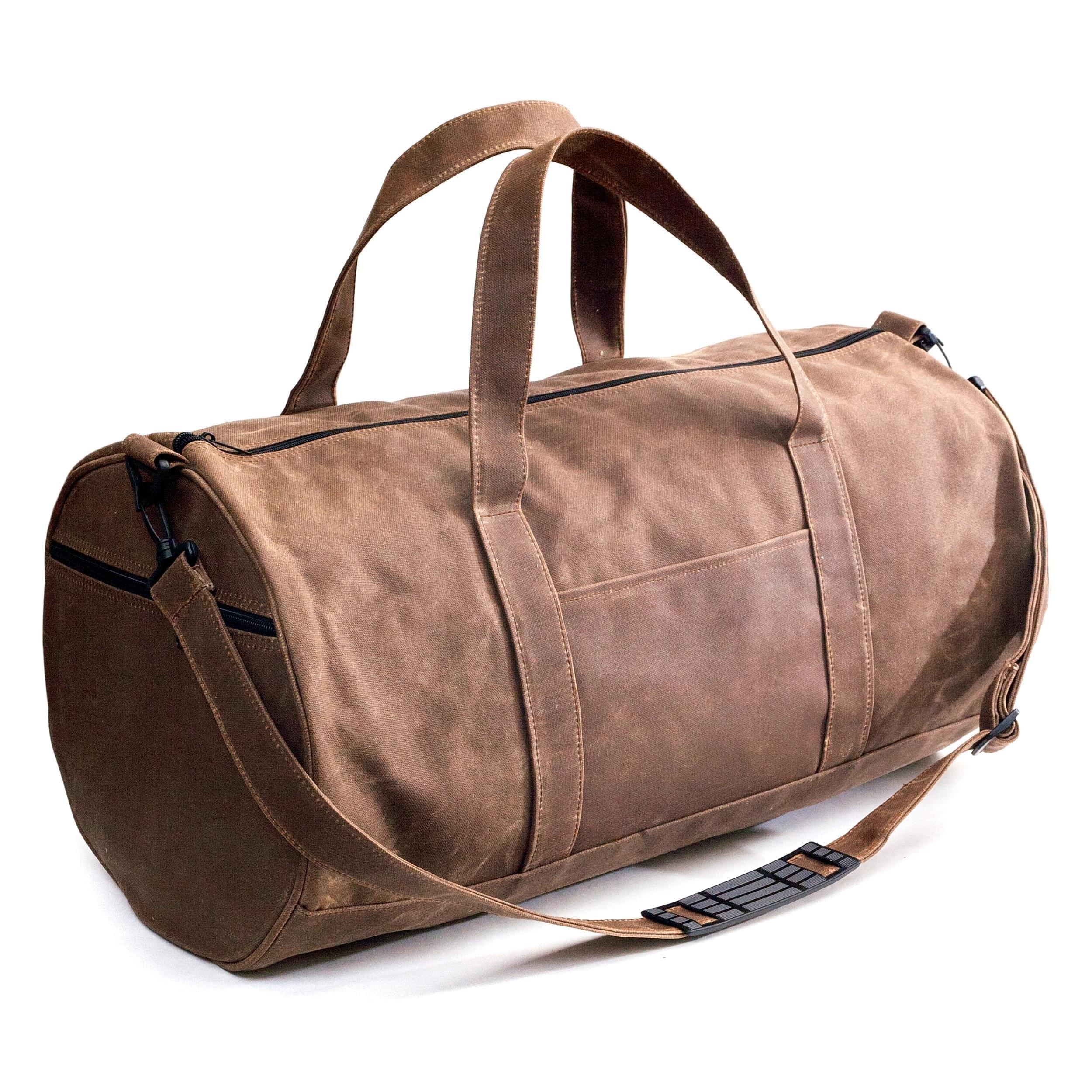 Duffel Bags
Duffel Bags
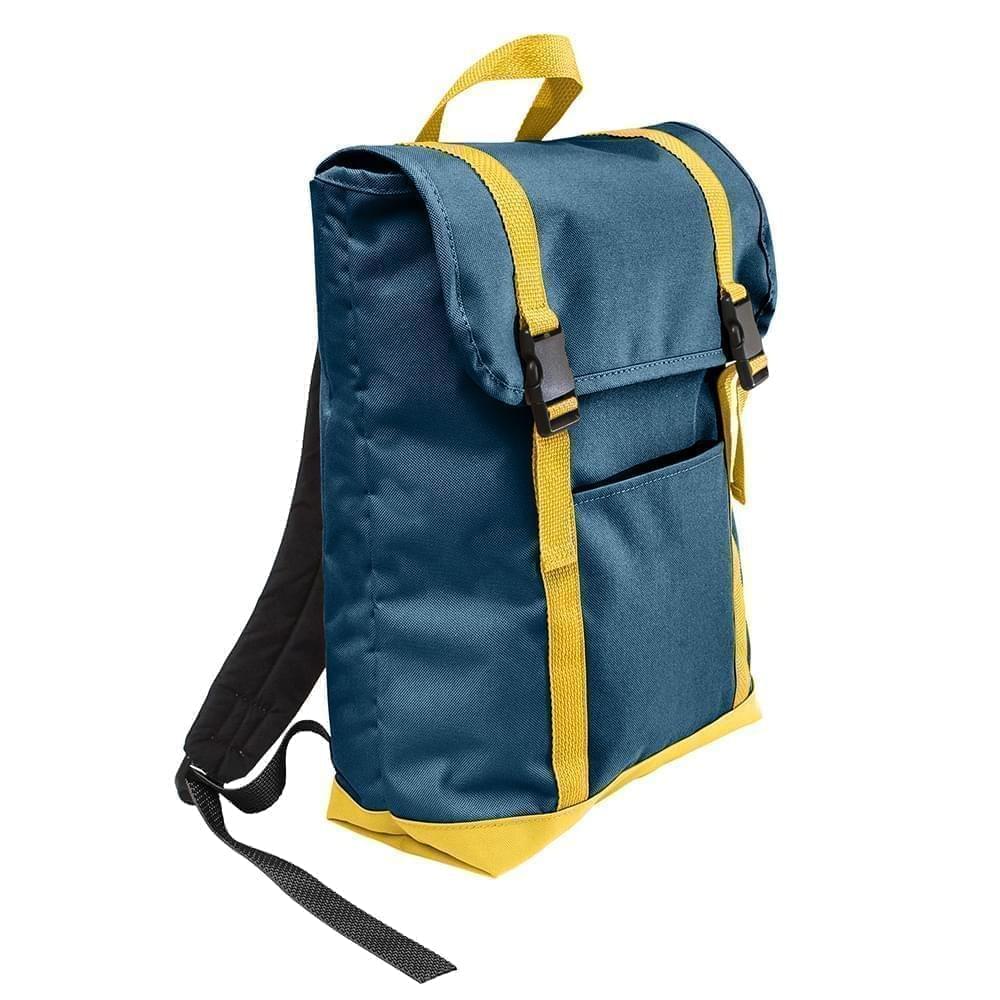 Backpacks
Backpacks
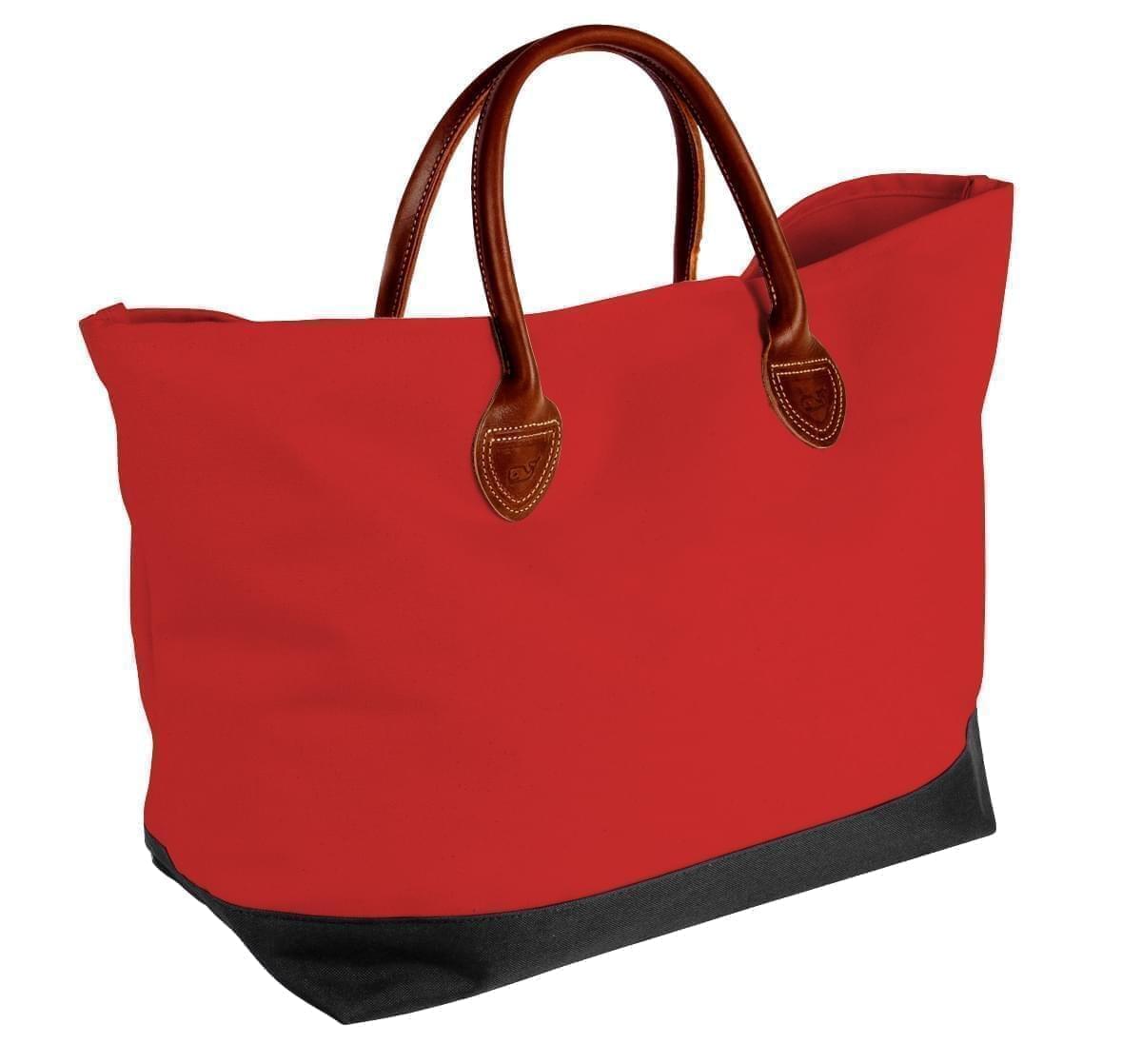 Tote Bags
Tote Bags
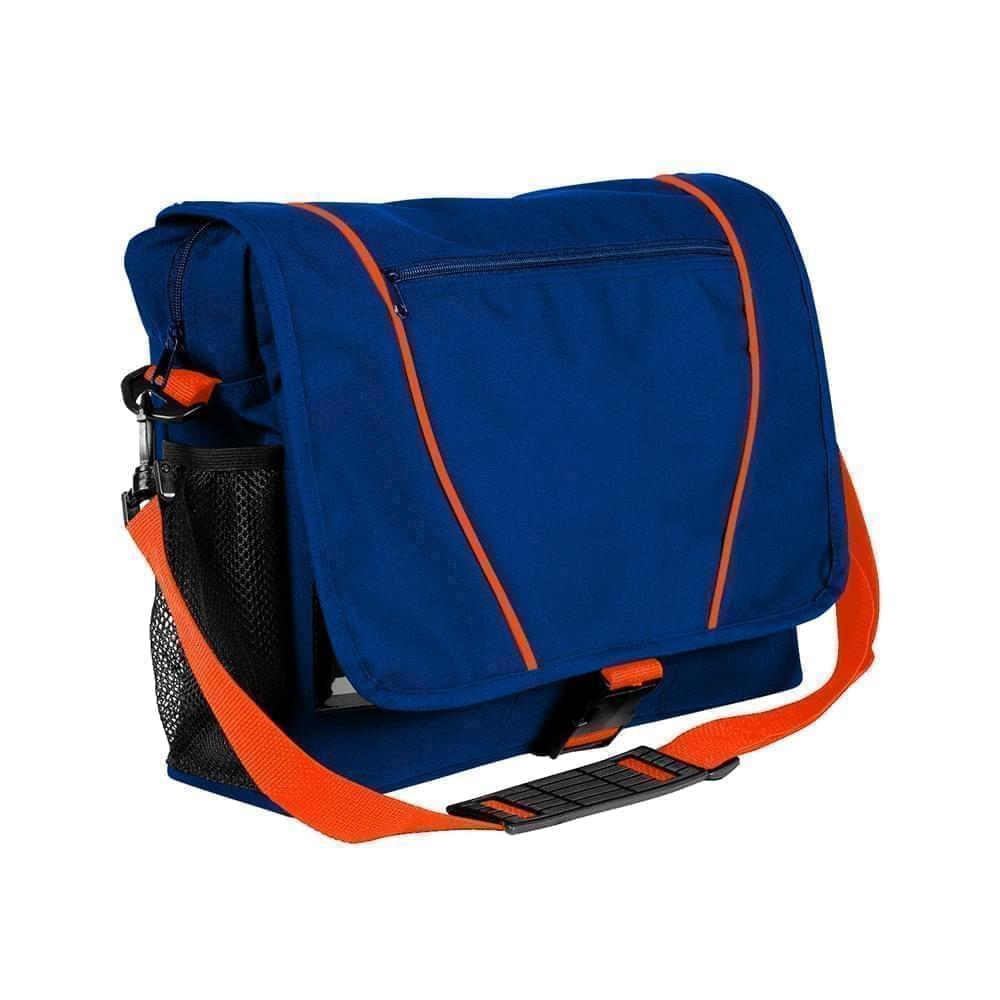 Computer Bags
Computer Bags
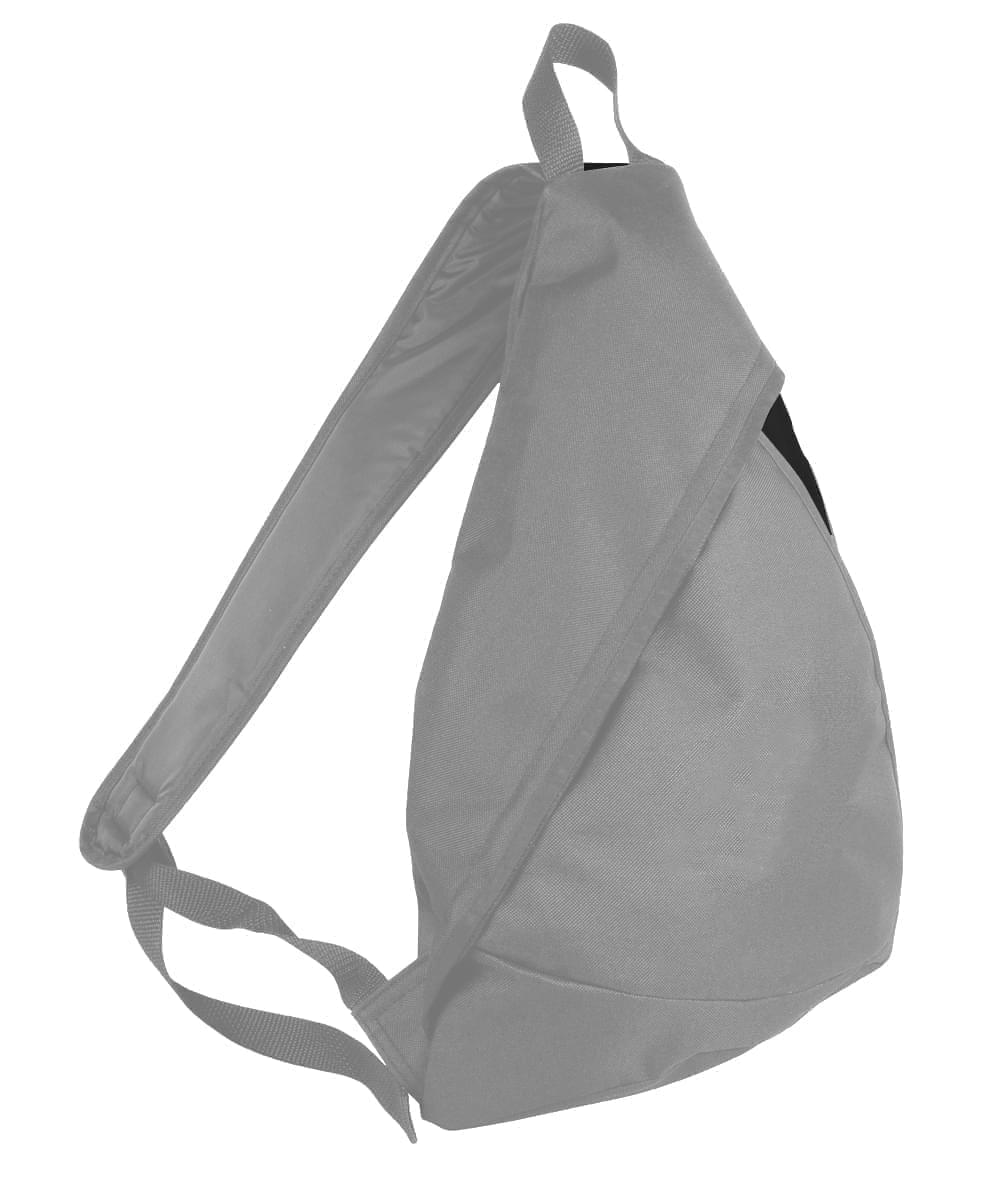 Sling Messenger Bags
Sling Messenger Bags
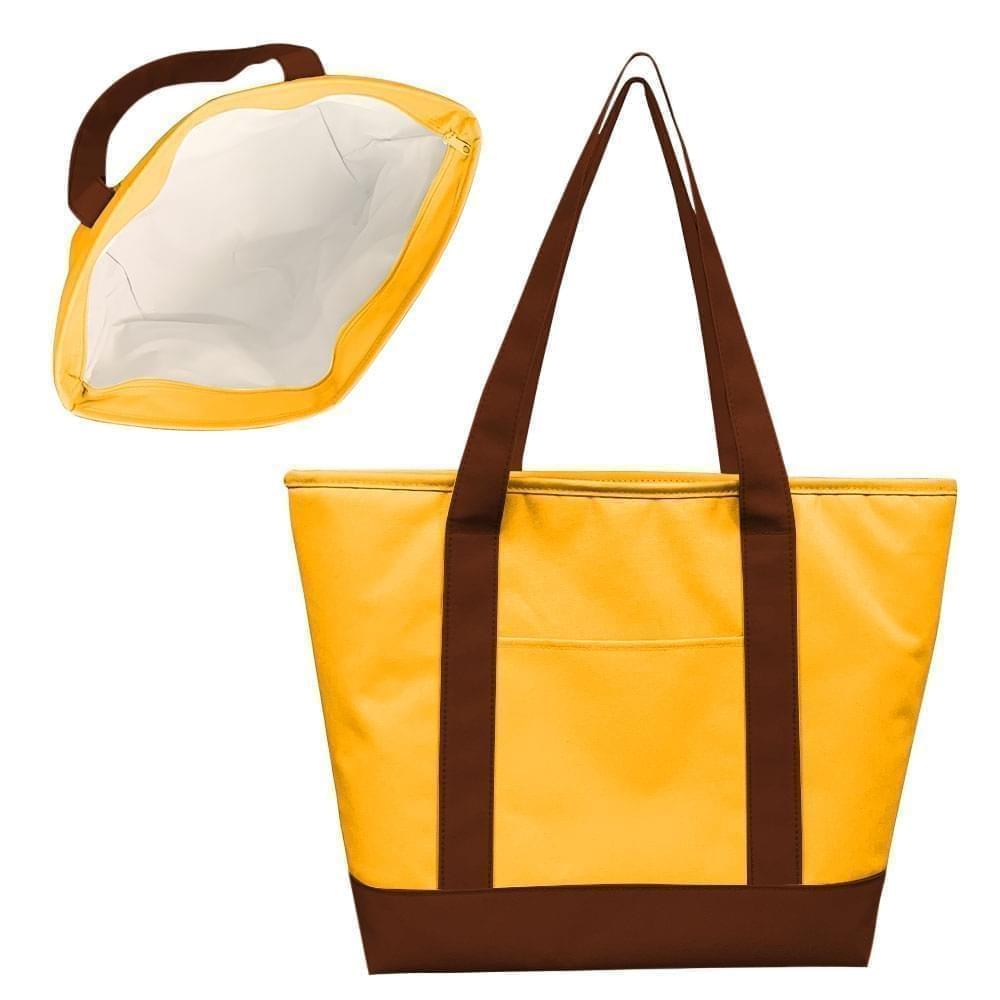 Cooler Bags
Cooler Bags
 Cuff Hats
Cuff Hats
 Beanies
Beanies
 Scarves
Scarves
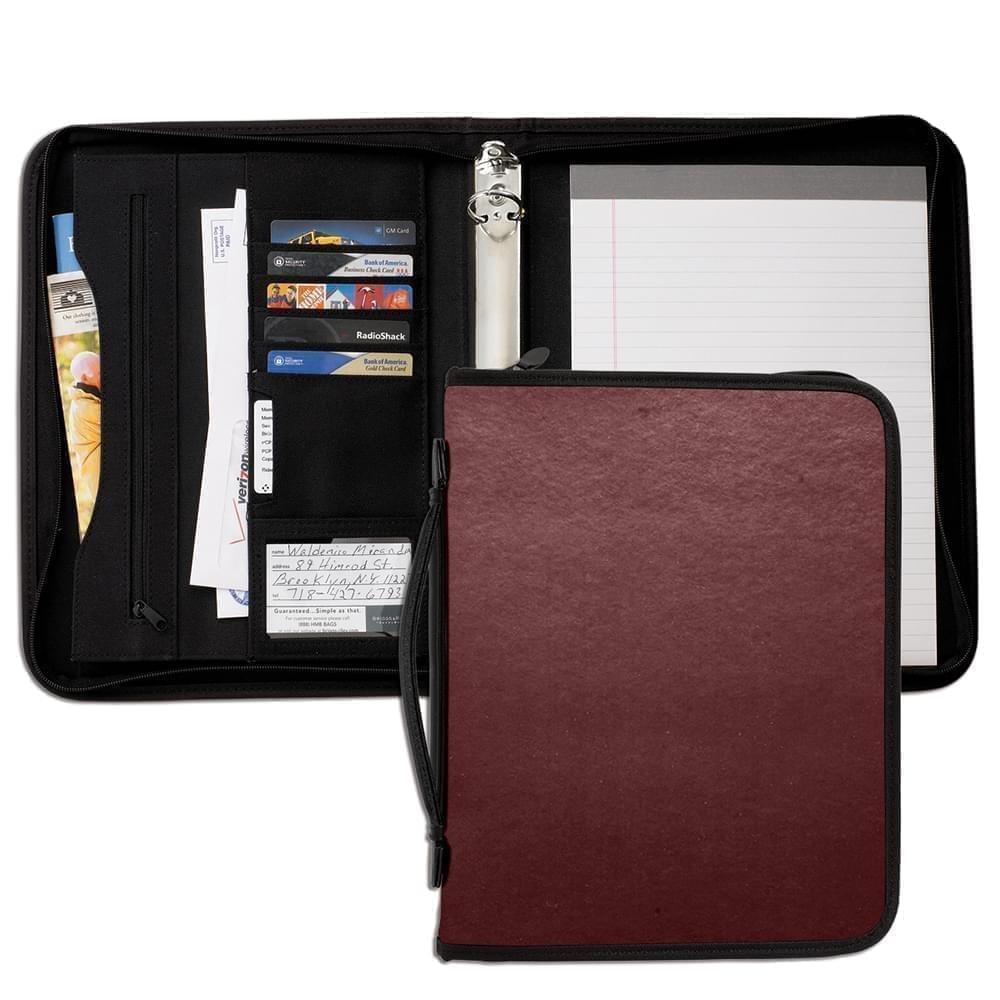 Zipper Folders
Zipper Folders
 Stitched Folders
Stitched Folders
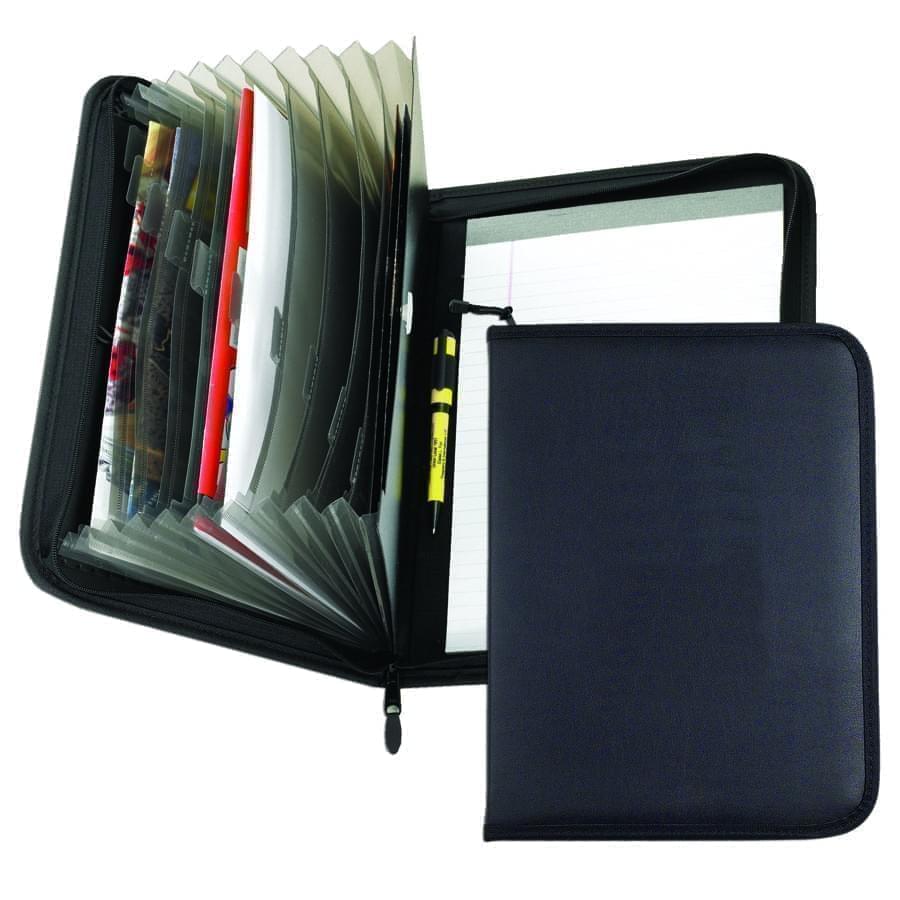 Accordion Folders
Accordion Folders
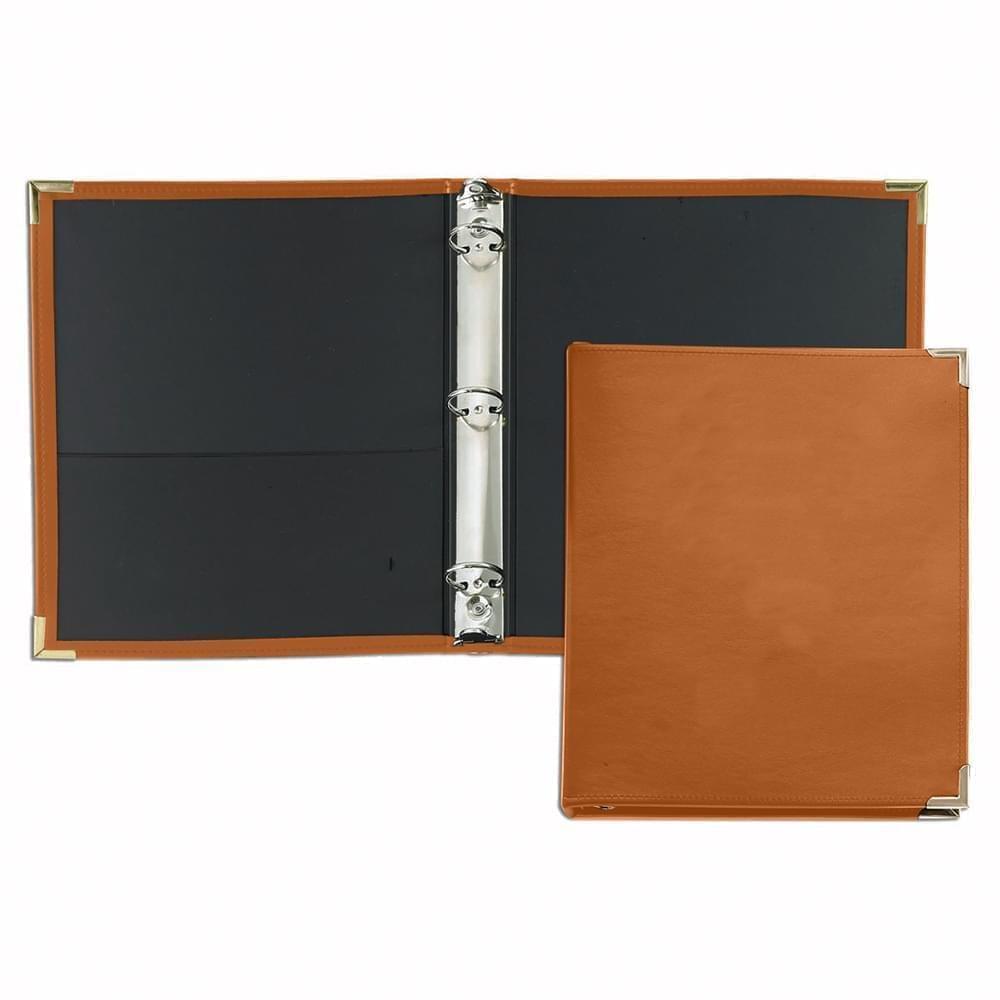 Ring Binders
Ring Binders
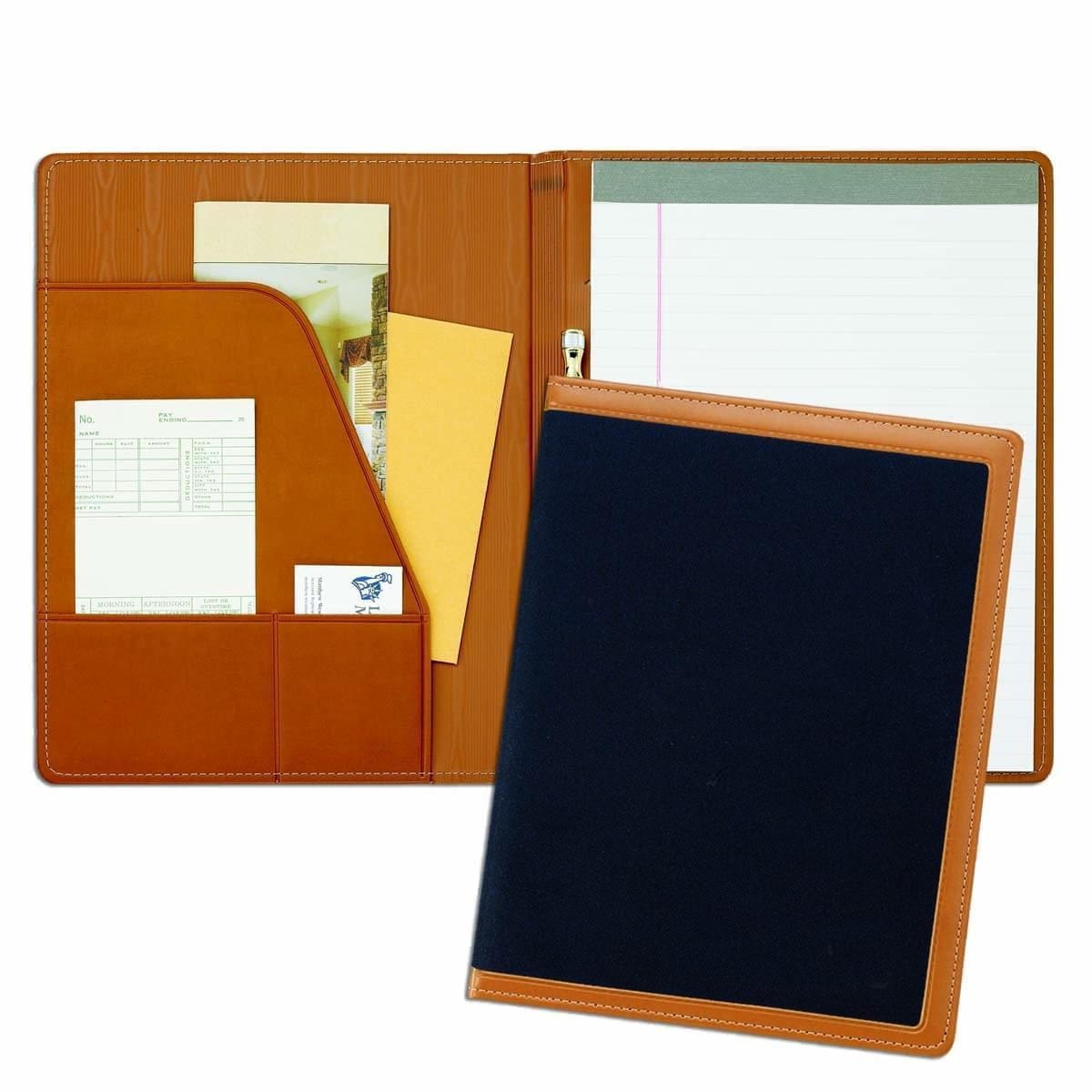 Letter Folders
Letter Folders
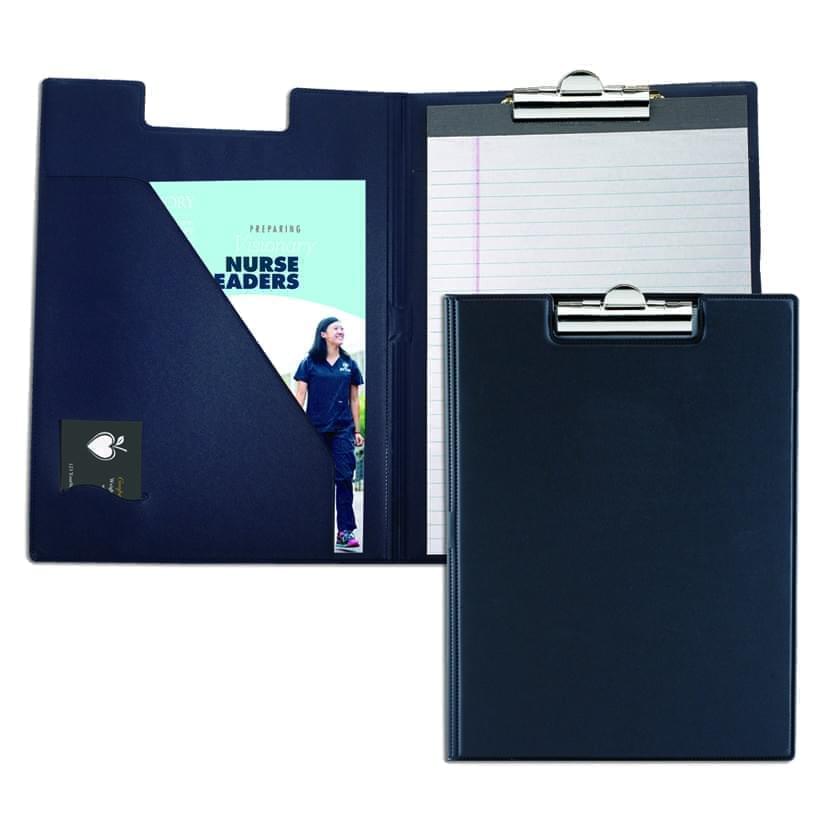 Clipboards
Clipboards

 Union Made In USA
Union Made In USA






